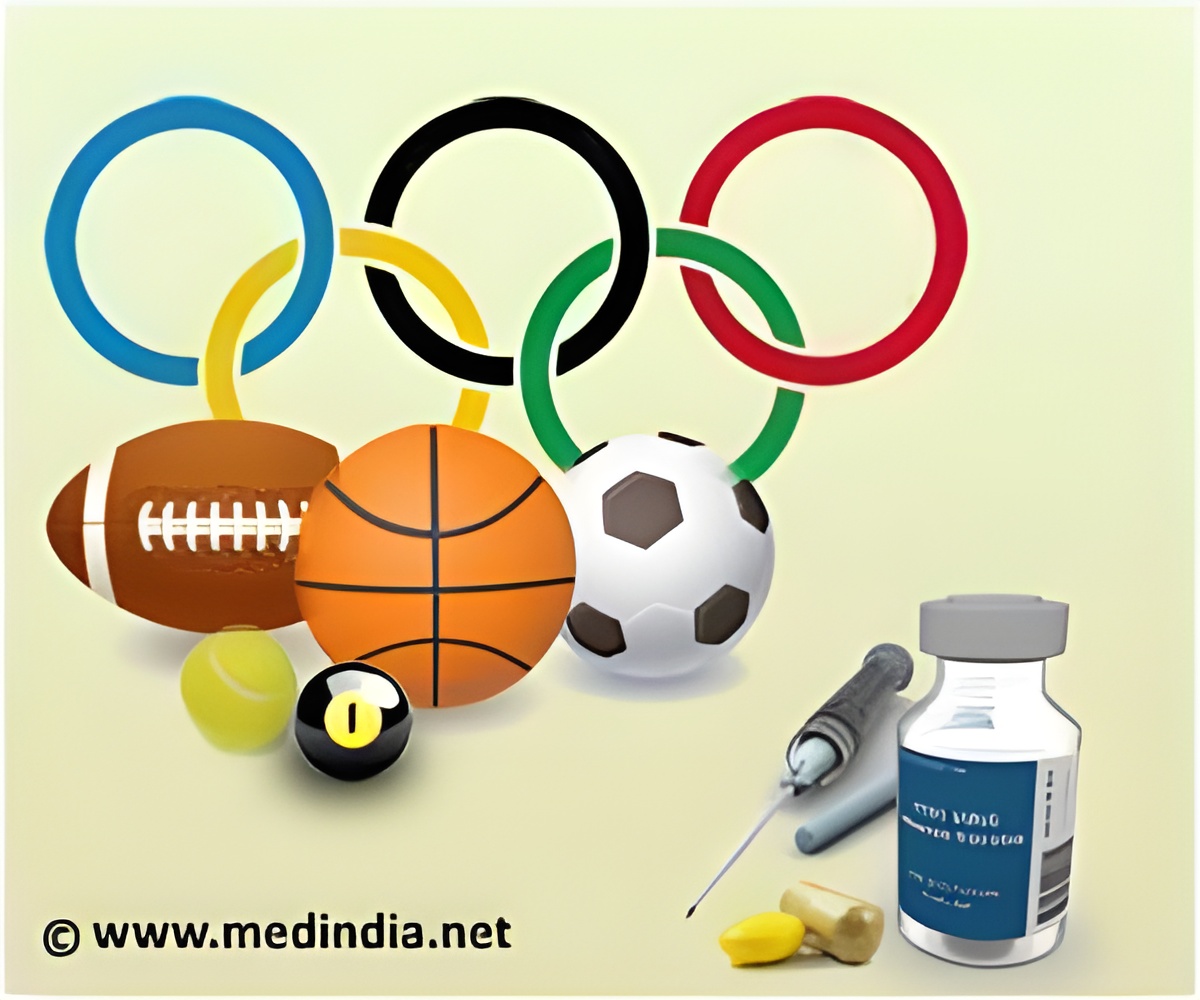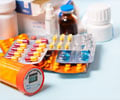
The test, developed by scientists at the University of Southampton, King's College London and University of Kent at Canterbury, is based on the measurement of two proteins in the blood, insulin-like growth factor-I and the amino terminal pro-peptide of type III collagen. Both of these proteins, which act as markers of growth hormone use, increase in response to growth hormone.
The test was used for the first time by King's College London analysts at the anti-doping laboratory for the London 2012 Olympic and Paralympic Games.
On 8 September 2012, the International Paralympic Committee announced that two powerlifters had received two year suspensions for Anti-Doping Rule Violations involving Growth Hormone following an adverse laboratory finding using the new markers test.
The case was a world first as some of the latest testing methods were used which were only introduced prior to London 2012. The new method is able to detect misuse of human growth hormone over a number of weeks, compared to previous methods used which only detected use over a shorter time period.
Richard Holt, Professor in Diabetes and Endocrinology at the University of Southampton and also a consultant in Diabetes at Southampton General Hospital, said, "We are pleased to have another effective and reliable means to catch cheats and help deter harmful drug misuse. There has been a tremendous amount of team work to develop this test and I am delighted that this dedication has finally succeeded. I would like to thank the World Anti-Doping Agency, US Anti-Doping and UK Anti-Doping for their support and trust in our work."
Advertisement
Andy Parkinson, UK Anti-Doping Chief Executive, adds: "Continual improvement in testing science is fundamental to the global anti-doping movement, ensuring that sophisticated dopers are caught and those at a tipping point are deterred. I am delighted that this UK developed test, which my team has been closely involved with, was used at the 2012 Paralympic Games to such good effect."
Advertisement
"It will complement the test that has been in use since the 2004 Athens Olympic Games, the major difference being that the anti-doping community now has a much longer detection window to work with."
Source-Eurekalert









